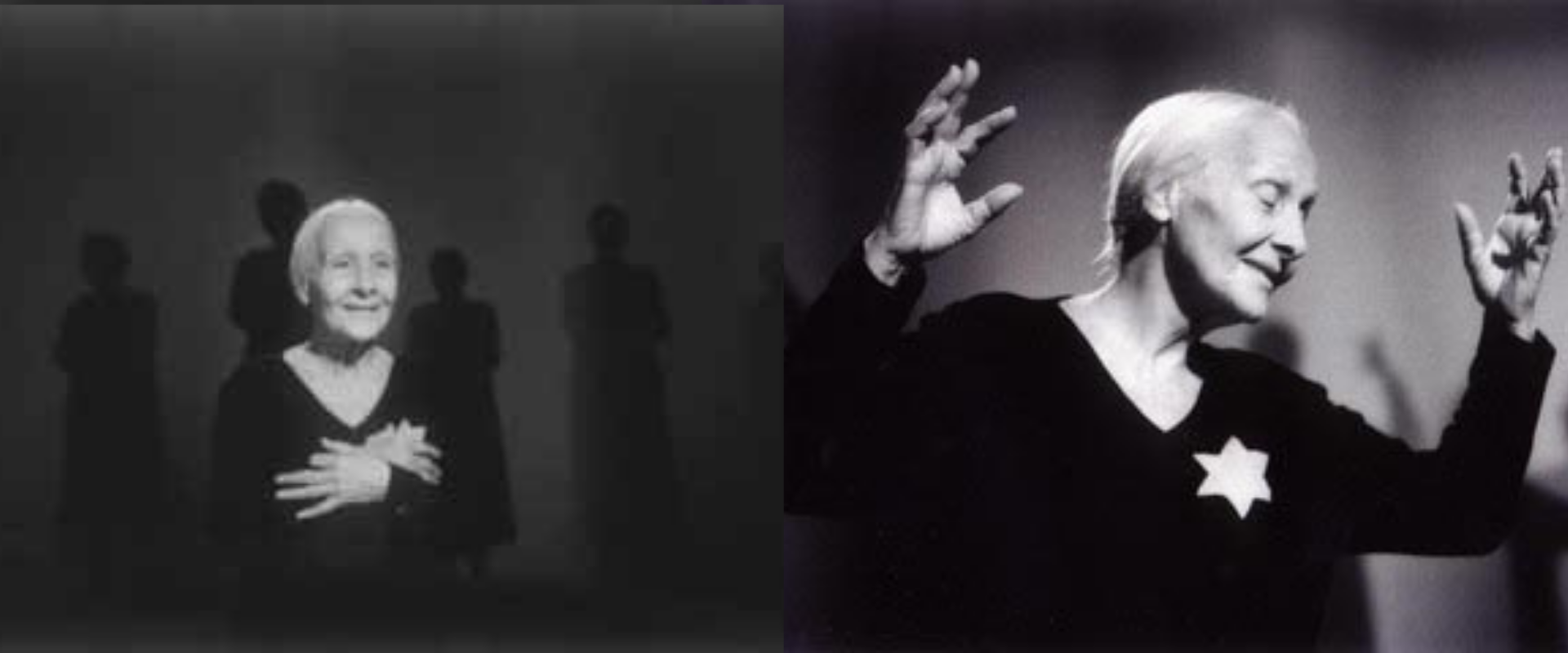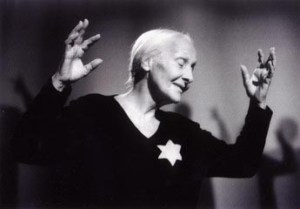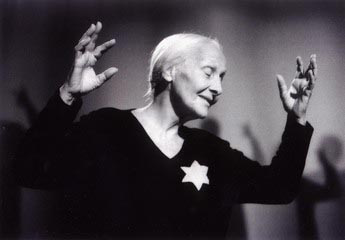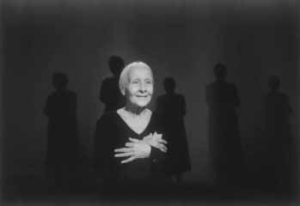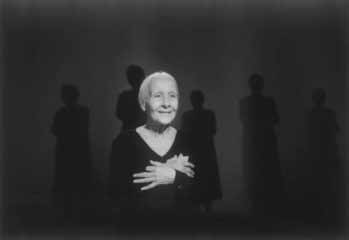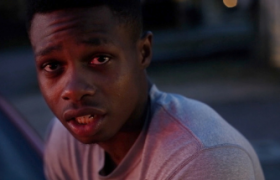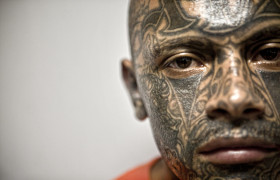Press
A magnificent black-and-white sculpts the face of Catherine Samie, her hands, her silhouette like a shadow puppet, as she herself sculpts the words in the dark substance of days.
–M.-N.T., Figaro
Lucidity, intelligence, humor, love. From start to finish, the best of the human spirit. A lesson in knowing how to live at the moment of dying.
THE LAST LETTER is also a documentary about the face of the actress Catherine Samie, a face like a landscape, in which Wiseman captures extraordinarily ordinary things: the weathered effects of misery (depression warnings), the sunniness of her features (I visited our garden one last time), or that intemperate moment when tears break forth. For the future, for those one loves, one hopes to find the strength to write a comparable letter oneself. In the meantime, thanks to Frederick Wiseman, who made us follow him, one is more than a little proud to have read this one.
–Gerard Lefort, Liberation
[Catherine] Samie is laying herself bare, and the effect is like watching one long catharsis of pain and woe and benediction. I felt like I was holding my breath from the film’s first frame to its last.
The close-ups of Samie, with her helmet of thin white hair, are always held for precisely the right number of beats. Wiseman understands the phosphorescent power of her face and how, in intervals, we must turn away from it or be blinded. He has always had an unerringly musical sense of how to pace a sequence. The periodic shots of Anna (Catherine Samie) fragmented in shadow against bare walls are like gentle punctuation. They are also metaphors: This woman, with her formidable, almost sculptural presence, is fading before our eyes. Anna is aware of her evanescence. As one who always identified herself more as a Russian than as a Jew, she speaks of her sudden, startling love for ‘this world of proverbs and Sabbaths’ that will soon disappear. She links her new-found tenderness for the Jewish people with [her son]; it is a reminder of her love for him.
Now she must die alone, and her words to her son are like a soft sacrament: ‘Be happy with those you love, those around you, those who have become more dear to you than your mother.’ THE LAST LETTER is the saddest and most beautiful of lullabies.
–Peter Rainer, New York Magazine
…[It] is truly moving…[T]he great force of both the text and Wiseman’s film is that they speak to us from, and of, two unrepresentable depths: annihilation and that which gives and watches over life: absolute evil and absolute love.
–Chris Fujiwara, The Boston Phoenix
Frederick Wiseman’s THE LAST LETTER is the perfect conjunction of director, cast and material…It’s difficult to imagine a more affecting account of the Nazi extermination of the Jews than this mother’s missive to her son.
Ace documenter Wiseman’s first foray into fiction gets at the truth through thoughtful staging, superb black-and-white lensing and an overriding intelligence in the service of emotion…The cumulative effect is quietly, decisively magnificent.
–Lisa Nesselson, Variety
